Lagos life after elections – Tribune Online
[ad_1]
The story of twin babies in the womb fascinates. It’s a story that drags one’s imagination beyond the dark, dreary and often putrid entrails of politicians’ immediate, short and long term schemes for power. By its very essence, the story came into being to serve as a source from which all of us can draw hope and live with the expectation that there are other things to consider beyond the immediate vagaries of our current society. The ‘twins conversation’ as I choose to title it, was related by a cleric, Reverend Father Augustine Nwajaju, the Parish Priest of St. Charles Lwanga Catholic Church, Ibadan, to illustrate one of his Sunday homilies. Its central theme, as can be inferred, is that while in our life of comfort or otherwise, there is life after that immediate life.
The narration says: A set of growing twins, a girl and a boy, literally had it all as they serenaded in their mother’s womb. Everything was fine and they were living the good life. They got their food and drinks as and when due. They needed no hospitals for they had no health issues. The boy and his sister were not subjected to the numerous physical and mental chores there are in school and at home as they grew and life wore on. They had space to frolic and revel. They had their sleeping and waking up all made. No one needed to disturb them with any of those, not even if their mother was to go somewhere. Of course if you would move, you are to move with them at your own expense. After all, when the snail moves, his shell will naturally follow, willy-nilly. Or, in other words, the tortoise carries his own shelter about. It was the good life for the twin siblings. It’s the type that might be your wish…
As it was their usual, the sister struck up a conversation with her brother one day. “I think there is life beyond this our abode. Something has been telling me this and I’m convinced there is a place outside this our home.”
The boy was gobsmacked. “What has come over you? Where did you get that from? Why? Don’t you like it here anymore?”
“Take it easy,” his sister cautioned. “I’m just saying there is life after all these comforts here. I don’t know what it is, but I’m convinced that there is somewhere else beyond this place in which we are now. I may be wrong, but my instincts are saying otherwise.”
The brother was not convinced. His sister was fixed on her conviction and thoughts. The conversation could not be sustained because there were no guarantees. However, they were growing and soon, the womb was no longer big enough for them. It was time to get out to that other life the sister had envisaged. It was indeed a reality. The sister was right.
From the religious point of view, we are supposed to be a people of hope. The story was told at a Mass, a religious service. There is life after here – a hereafter. The same story is here adapted for our secular Nigeria in a political season that has been unfairly heavily drenched in tension and uncertainty. Whether you are religious or not, don’t you think that there is life after these bouts of political pugilistic outings? Think about it, isn’t there something else to live for and hope for outside the spheres of politics, politicians, votes and violence? Surely, there must be life beyond my tribe, your tribe, my religion, your religion, my sect, your sect, my political party, your political party, my leader, your leader, my point of view, your point of view. There must be life after these rounds of elections.
Indeed, it is sad what some of the people of power do at the expense of discerning humans’ intelligence. In history and in times, scheming has always been part of human existence. However, it is like a season of the masquerader’s feast, it comes and goes. Where are some of the people of power of two decades ago? Some of them are not our ‘heroes past’ in our reckoning today. Hopefully, the 2023 political season would be rounded off today as Nigerians elect their governors and state houses of assembly members. Hopefully, we shall behave like people who are indeed collectively trounced by the scheming of the bad, unfeeling people running the affairs of the country.
One of the examples of things that we would settle down to deal with after this general election is our ruined banking system. Banks in Nigeria today are not just a mess, they are a shadow of themselves. That serenity of a modern banking hall with staff members that settles nerves has been killed by this administration. Nigerians are daily confronted with banking halls and surroundings that appear riotous like a Nigerian stadium after a thrilling local football match. As institutions, banks have resorted to rationing cash by forcing most of their customers to fit into a certain withdrawal limit. As a regular bank customer, there is a limit to how much you could get from your money in cash, regardless of what you as a customer want to do with your money. This is an issue becasue the extant bank limit is way lower than the legitimate limit the new monetary policy of the government permits. Banks as institutions ride the storm daily and remain barely afloat despite being at the mercy of topsy-turvy policies of the central bank and government. Nigerians, after the cracking impact of the elections, we are coming to settle into this socio-political problem together as a people, regardless of where we face now as politically sentimental individuals.
Another of the things we would return to as the casualties of the bloodless political war is the Nigerian pulverized monetary system. Most of those in the forefront of the political hullabaloo are Nigerians who suffer daily to get just enough cash to live the day by. They shove and are shoved while on queues for cash at the banks. There, they lament, debate and curse their political and government leaders. Thereafter, they debate, curse and vex at their plight at the hands of the taxi driver, okada man or the fish monger by the roadside who would demand more than the bargained price from them so as to mitigate the cost of the electronic payment system they had engaged in. Then, by the time they are in other scenarios they would relapse into fitful praise of or argument on the same government or political leaders based on their affiliation.
The fight for power today does not remove the fact that Nigeria’s inflation is at an eighteen-year high. The National Bureau of Statistics (NBS) gave the figures during the week and said we are now cruising at the dangerous altitude of 21.91 per cent in our inflation heights. The figures didn’t say any politician or his supporter was exempt. We are all dangling precariously in the dangerous height of inflation. Everything pointed to the effect of bad politics which gave rise to bad policies as a result of bad governance. It’s easy to determine how and when we arrive at bad governance: Elections.
Nigerians were made to recede into their ethnic, religious and political cocoons as political campaigns reigned. In Lagos for instance, non-state actors, a euphemism by non-governmental organisations for thugs and political hangers’ on, have taken the centre stage and have practically relegated the formal security agencies in their quest to assert who the true authorities are. It doesnt matter if they are crude and often foul the atmosphere. Political affiliation has been pushed to the front burner of social discussion and made more prominent than the need to think critically about survival and the survival of the nation after the four-year seasonal anomaly.
When, after today, we come home from “the bloodless wars,” and we all count the real cost of these elections of ours, it would be interesting to know the real outcome. We shall return to our real life of want and whishes. Those newly-elect elected would adjust to the regular, new affluent life of the Nigerian public official. Those re-elected would return to their walled, secure edifices and resume their life of affluence at our expense. There is life after elections.
READ ALSO FROM NIGERIAN TRIBUNE
[ad_2]

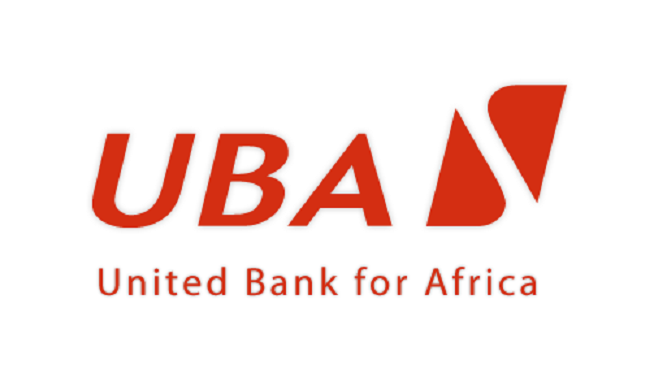
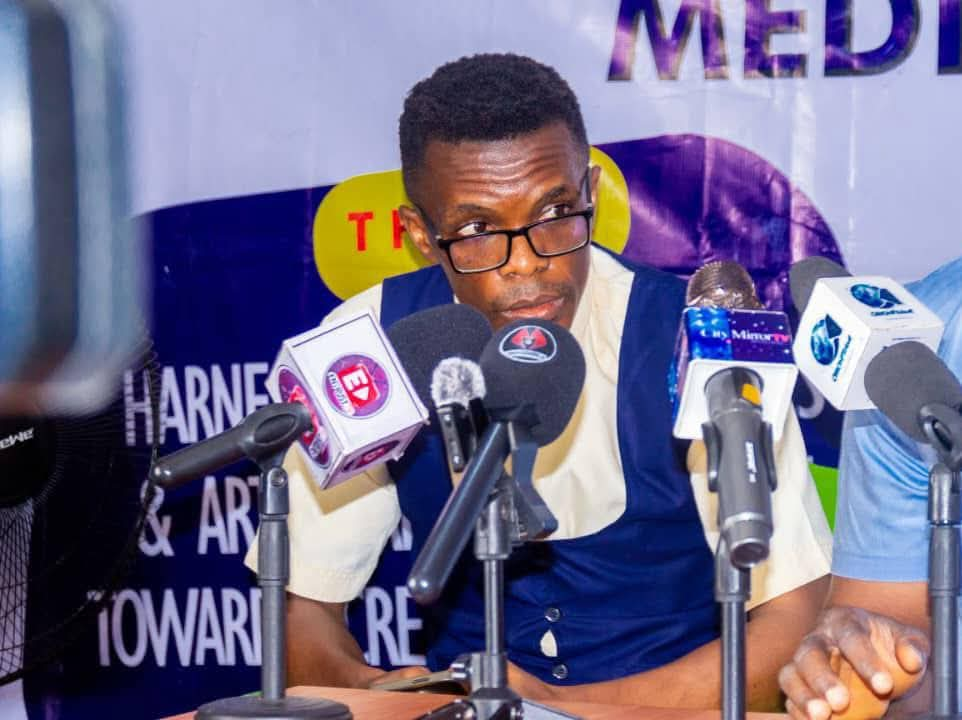

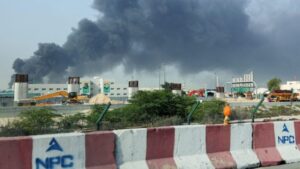
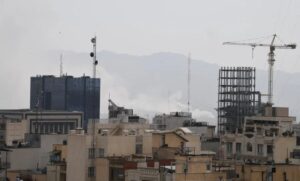
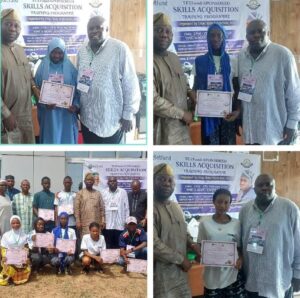




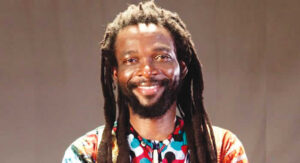
Post Comment